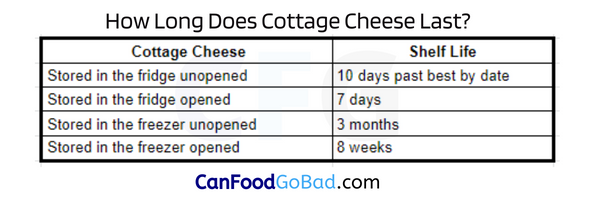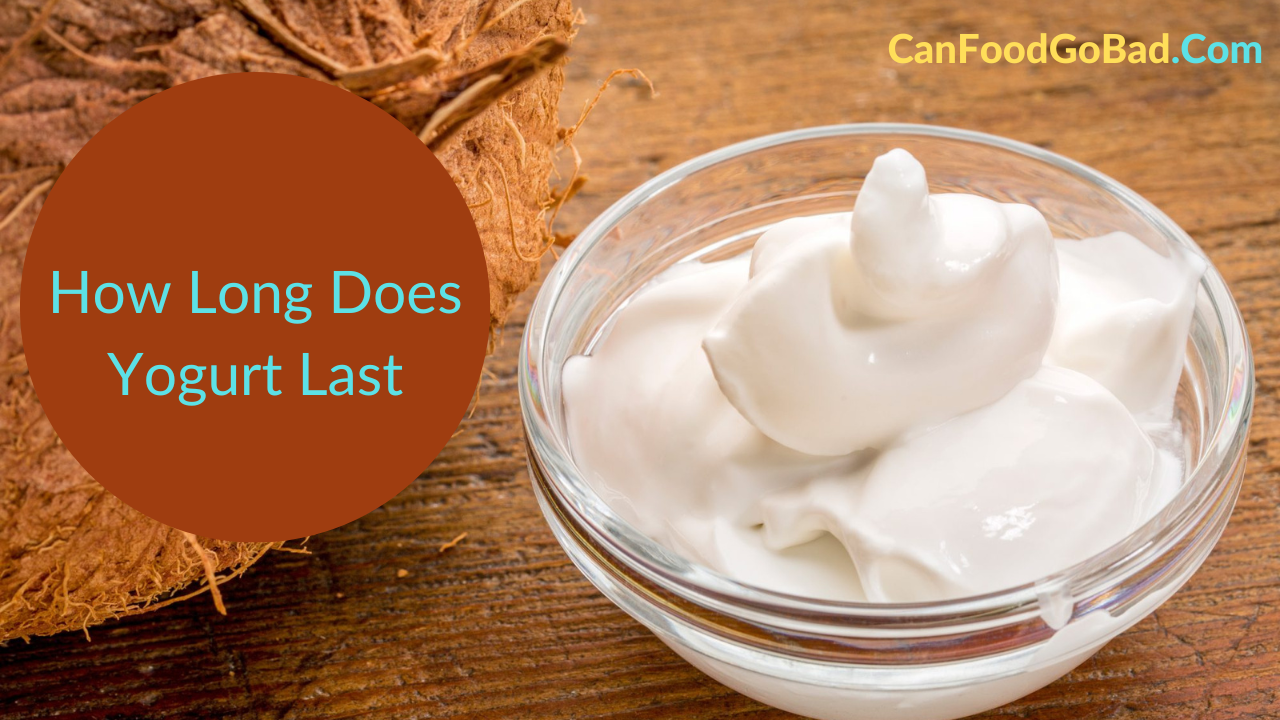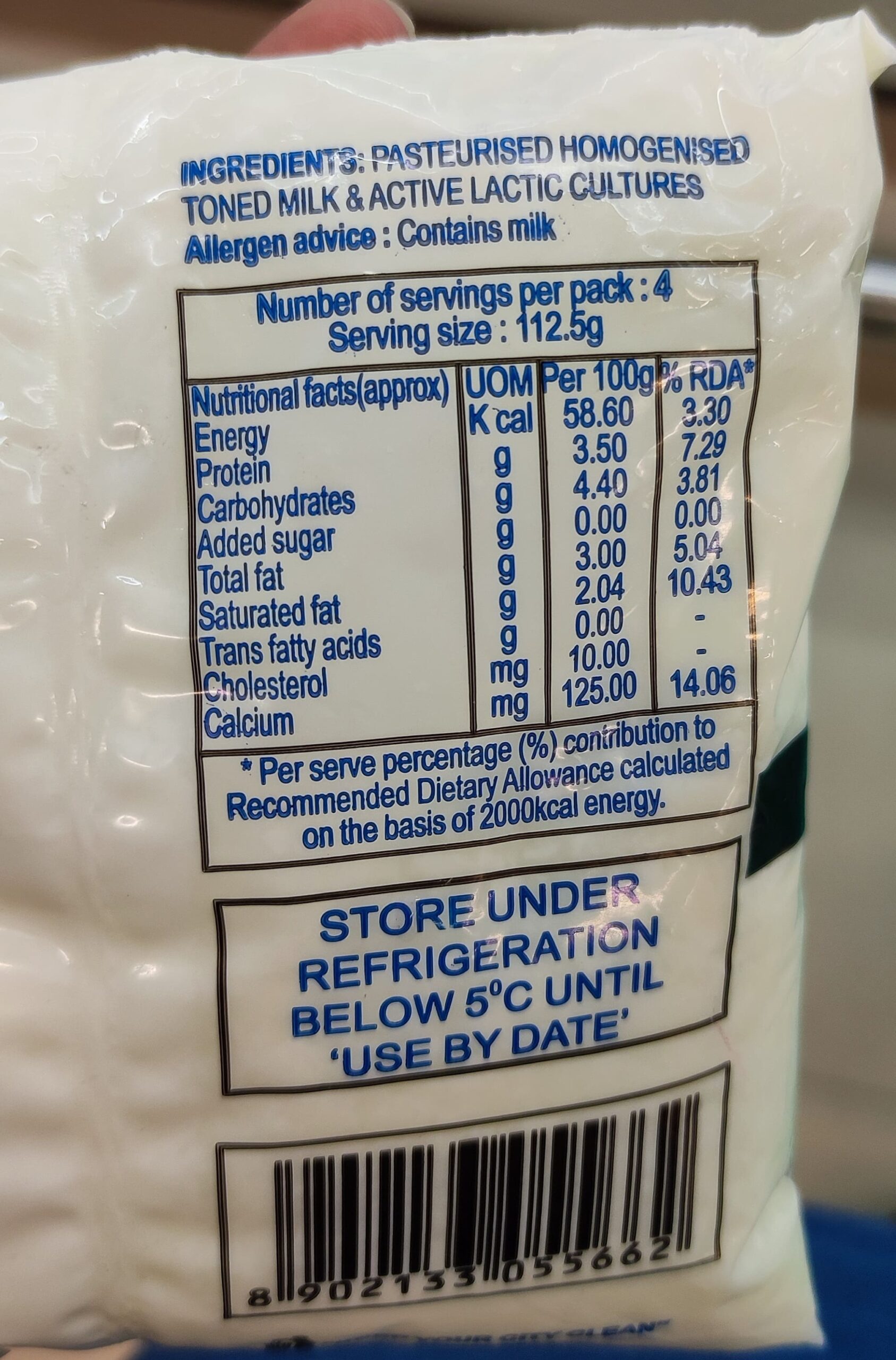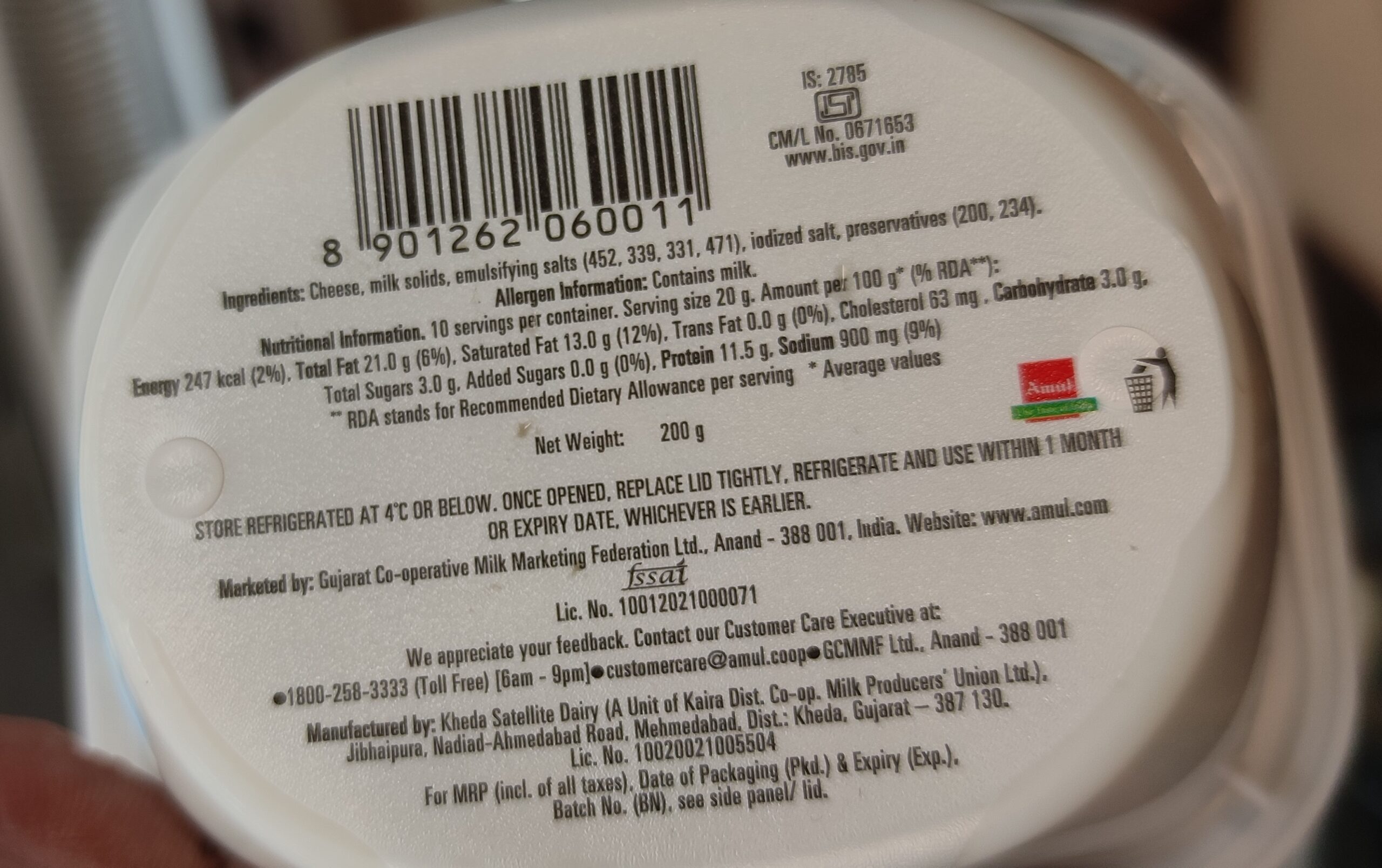How Long Does Cottage Cheese Last?: With so many perishable food items that were available in the refrigerator, it is hard to tell how long does it last before spoiling. Cottage cheese is also the one particular food that most of us eat, but many of us do not know how long is cottage cheese good for after opening?
Unlike cheddar, blue cheese, brie cheese, mozzarella cheese, and other cheeses, cottage cheese is more challenging to tell the signs of spoilage. Cottage cheese is not safe to consume if it is not fresh, so we need to eat it before it goes bad, if we need to do that, we need to how long will it last.
So, just check out the article, as we have provided all the information that you need to know about whether can I eat expired cottage cheese along with storing tips, what happens if you eat expired cottage cheese, and spoilage signs. Let’s get started!!
- What is Cottage Cheese? & How Cottage Cheese is Made?
- How Long Does Cottage Cheese Last?
- Can Cottage Cheese Go Bad?
- How to Tell if Cottage Cheese is Bad?
- How to Store Cottage Cheese?
- Interesting Facts About Cottage Cheese
- Can you eat expired cottage cheese?
- How long can cottage cheese sit out?
- Can you freeze cottage cheese?

What is Cottage Cheese? & How Cottage Cheese is Made?
Cottage cheese is a product of cheese curd which is obtained from curdling milk by removing the whey. This food is highly nutritious and rich in protein. It is very similar to cream cheese but it is lower in fats and carbohydrates.
Cottage cheese is available in small, medium, and large curds. The process of this cottage cheese starts by adding an acid like lemon juice, or vinegar to the pasteurized milk.
That acid separates the milk solids from whey, until a curd forms. Once it is formed the curd will be cut into pieces to drain the remaining whey.
How Long Does Cottage Cheese Last?
Like many other food products, cottage cheese will start to decline after opening the container. When you are buying cottage cheese at stores just check the “sell-by date” and “best before date”, it is a good indicator to know how long it will be fresh so that you can use it for a long time.
Cottage cheese can just be used for a couple of days after the expiration date is completed. If you have flavored cottage cheese it will last two more days longer than normal cottage cheese as they will add some preservatives in flavored ones. Below we are going to provide you with the shelf life table of cottage cheese.
| Cottage Cheese | Shelf Life |
| Stored in the fridge unopened | 10 days past best by date |
| Stored in the fridge opened | 7 days |
| Stored in the freezer unopened | 3 months |
| Stored in the freezer opened | 8 weeks |

Can Cottage Cheese Go Bad?
Yes, like many other dairy products, cottage cheese will go bad. As these dairy products are perishable products they do not last long. But by proper storing, you can maintain it without going bad until the completion of the expiry date.
Once the cottage cheese shows signs of contamination, it is better not to use it. Cottage cheese is the best addition to some dishes. By knowing proper storage tips and shelf life you can avoid disappointing situations of using cottage cheese.

How to Tell if Cottage Cheese is Bad?
Cottage cheese is an excellent ingredient that has many health benefits that will be available in most of our kitchens. As it is the cheese it will not last long for more time.
So, here we are going to provide the signs to know that cottage cheese has gone bad because by knowing these you can avoid the bad cheese in your dishes so that your dish will not get spoiled.
Have a Look at your Cottage Cheese
Cottage cheese will always be in white color if it is store-bought or homemade. If you purchase a chunky style cheese it should not be changed in color and it should not be more chunky. So, then only the cheese is good. If you see any of the changes like changing color and appearance you just throw it away as it was spoiled.
This is another sign to know whether cottage cheese has gone bad or not, cottage cheese will have a light, slightly cheesy aroma. But if you find your cheese has an overly pungent sour smell then the cheese is spoiled. Throw it away.
Cottage cheese should have in smooth texture. If the smooth cottage cheese becomes grainy, and chunky cottage cheese becomes more chunky, then it is an indication that cottage cheese has gone bad.
If you do not find any of the signs above but your cheese is past the expiry date then test the cheese by tasting it. Cottage cheese will have a light and creamy taste if you find the taste is sour or even unpleasant. Then discard the cheese into the trash.
Related Articles:
How to Store Cottage Cheese?
If you store the cottage cheese properly then you can increase the shelf life of the cheese. Important elements that you need to store the cottage cheese properly are temperature and moisture control. Here, look into the below-storing tips that were given by following the elements.
Cottage cheese should always be kept in the refrigerator. The cool temperatures will slow down the contamination process and help dry out the cottage cheese. Use the air-tight container so that you can keep away from the moisture.
Freezing the cottage cheese is the best option. by freezing the cottage cheese the risk of bacterial contamination will be reduced. Make sure to use an air-tight container when you keep the cottage cheese in the freezer.
If you buy the bulk amount of cottage cheese just keep them in small tubs and keep them in the freezer. So when you need them, you can take small amounts for thawing and use them in your dishes.
Interesting Facts About Cottage Cheese
Here look into these facts that we are going to provide below that many of us do not know about cottage cheese.
- Cottage cheese will have only 98 calories, in 100g of cheese.
- Cottage cheese will have iron vitamin A, and vitamin D.
- Cottage cheese has selenium which is a very essential element for healthy skin.
- It is recommended during pregnancy as it is safe to eat.
FAQs on How Long Does Cottage Cheese Last
1. Can we eat expired cottage cheese?
Yes, as long as it doesn’t show any signs of spoilage, and if you keep it in the refrigerator the whole time. It is ok to eat expired cottage cheese.
2. How long can cottage cheese sit out?
Cottage cheese can be kept at room temperature for up to two hours.
3. Can we freeze cottage cheese?
Yes, you can freeze the cottage cheese but if you freeze the cheese you should only use this cheese in sauces, casseroles, soups, and other cooking dishes.
Key Upshots – Is expired cottage cheese safe to eat?
Hope we have provided answers to all your queries you have about How long does cottage cheese last? and it is beneficial to you. Freezing cottage cheese is a very easy and effective way that helps to extend the shelf life.
Also, use this cottage cheese at your home if you haven’t used it till now because it has many health benefits. Share this information with your family and friends as it is important to know.
Still, if you want to know more information about other dairy products like Can Velveeta Cheese Go Bad, Can Feta Cheese Go Bad, and many more. Check out the @canfoodgobad.com website.









































